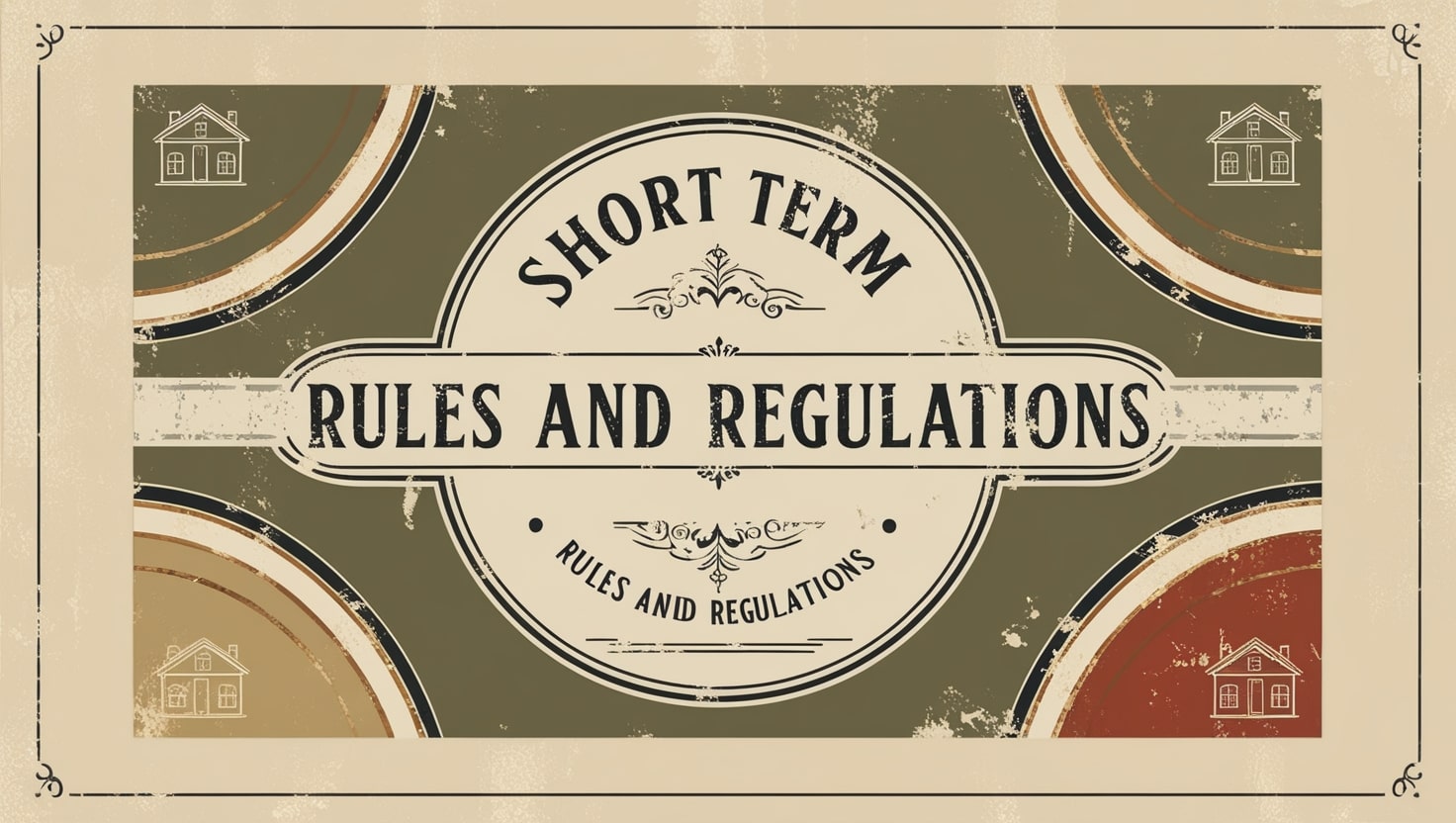Hanoi, Vietnam Airbnb Rules & Regulations
Last updated on: 4th July, 2025


Last updated on: 4th July, 2025

In Hanoi, the regulatory framework for short-term rentals, particularly via platforms like Airbnb, is relatively new and still evolving. Currently, there are no specific regulations solely governing Airbnb operations. However, property owners are encouraged to register their business if they engage in commercial activities, especially those offering additional services such as food or guided tours, which may require specific licenses.
Hosts must comply with Vietnam's taxation laws, including the Value Added Tax (VAT) of 8% and applicable income taxes on rental earnings. Maintaining proper accounting and documenting expenses is advisable, as certain costs may be deductible from income taxes.
Given the lack of clearly defined regulations, property owners should stay informed about any legal changes related to short-term rentals. While operating an Airbnb in Hanoi is legal, hosts need to ensure they follow general business practices and comply with tax obligations to avoid potential legal issues. This regulatory landscape presents both opportunities and challenges for potential Airbnb hosts in Hanoi as local authorities continue to assess and potentially implement more structured regulations in the future.